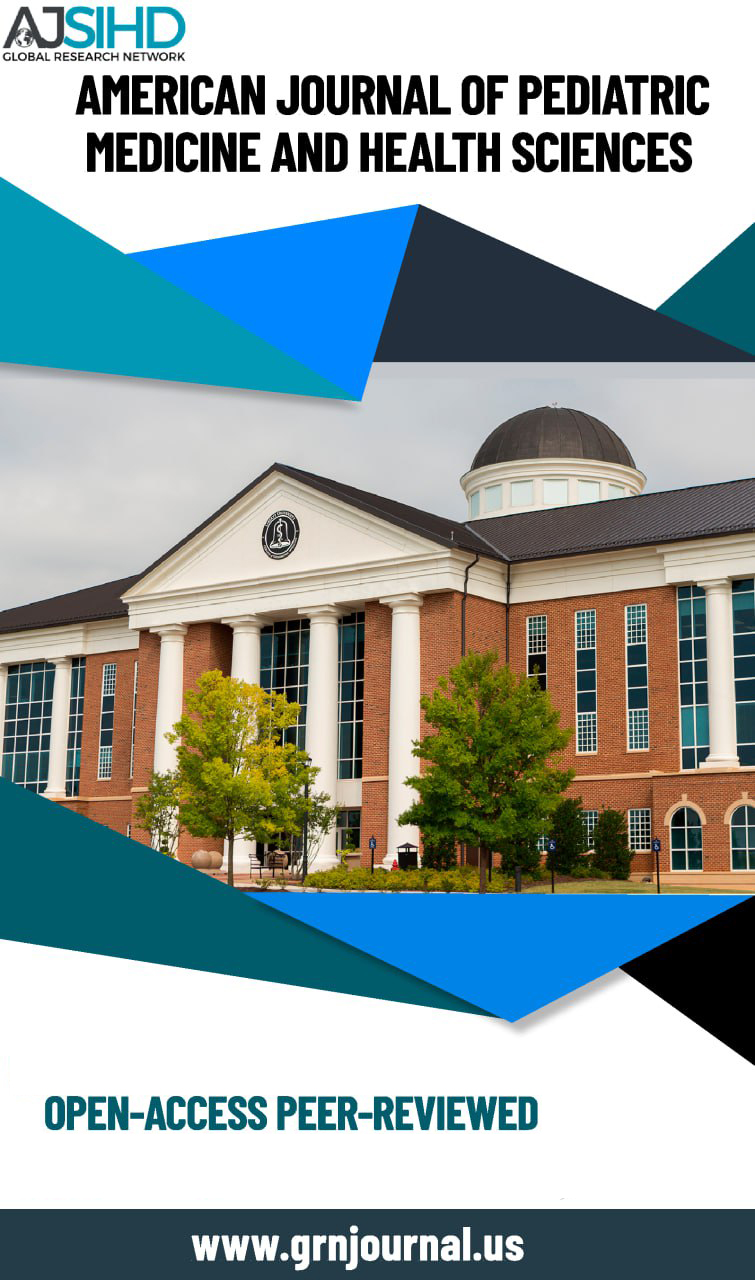Prevalence and Determinants of Mental Health Challenges Among Healthcare Workers Providing PMTCT Services in Ogun State, Nigeria
Keywords:
Mental health challenges, healthcare workers, PMTCT services, workload burden, social support, Ogun State, NigeriaAbstract
Background: Mental health challenges among healthcare workers have garnered significant attention globally due to their profound impact on workforce efficiency and quality of care delivery. Healthcare providers offering Prevention of Mother-to-Child Transmission (PMTCT) services face unique stressors, including high patient loads, stigma, and inadequate resources, which may predispose them to mental health issues.
Objective: This study aimed to assess the prevalence and determinants of mental health challenges among healthcare workers providing PMTCT services, with a focus on the interplay of demographic, workplace, psychosocial, and organizational factors.
Method of Analysis: A cross-sectional study design was employed, involving 200 healthcare workers across across selected facilities. Data were collected using a structured questionnaire, which included the General Health Questionnaire-12 (GHQ-12) to measure mental well-being and additional sections for demographic, workplace, psychosocial, and organizational factors. Descriptive statistics, chi-square tests, and logistic regression were used for data analysis, with significance set at p<0.05.
Results: The study revealed a high prevalence of mental health challenges among healthcare workers, with depression (70%), anxiety (65%), and burnout (60%) being the most reported. Female gender and less than five years of experience were significantly associated with higher rates of burnout (p = 0.006). Workplace factors such as inadequate staffing (p = 0.002) and stigma (p = 0.015) emerged as critical predictors of mental health challenges. Psychosocial factors, including poor work-life balance (p = 0.001), significantly contributed to emotional exhaustion.
Conclusion: Healthcare workers providing PMTCT services experience substantial mental health challenges driven by a confluence of demographic, workplace, psychosocial, and organizational factors. Addressing these determinants through targeted interventions, including enhanced staffing, support systems, and access to mental health services, is imperative to improve their well-being and service quality. Further research is recommended to explore longitudinal trends and the impact of implemented interventions.



